Christopher G. Nuttall
STORM FRONT
Im not particularly fond of books, even alternate history books, that attempt to reproduce foreign accents or make excessive use of foreign terms. Unfortunately, writing a book set in Nazi Germany makes it impossible to avoid the use of some German words, including a number specific to Nazi Germany and the SS. Ive done my best to keep this to a bare minimum and, just in case the meaning of the word cannot be deduced from context, Ive placed a glossary at the rear of the book.
Please dont hesitate to let me know if theres a word Ive missed during the editing.
CGN
India, 1949
Its time, Your Excellency.
Winston Churchill, 44th and last Viceroy and Governor-General of India, sighed as the functionary entered the office. It was a magnificent office and Winston knew he would be sorry to leave it, but it wasnt important. The important matter had been decided long ago, in London and Delhi, and Winstons opinions had been dismissed as unimportant. India would be granted her independence, the government in London having decided that a peaceful separation was better than a brutal civil war that would destroy everything Britain had worked so hard to build. The Raj was dead. It had died when Hong Kong and Singapore fell to the Japanese, when Japanese troops had reached the borders of India itself. And Winston Churchill, who had fought so hard to save it, was charged with its funeral.
He rose slowly, feeling his old bones creaking under the weight. It had been years since hed been a reporter, years since hed served as a soldier, years since hed been able to keep up with the younger men. The boundless determination that had driven him onwards, through years in the political wilderness and three years as Prime Minister, as Hitlers armies scored victory after victory, was fading. He had hoped prayed to go to his rest after the Nazi beast was slain in its lair, but he knew he wouldnt live to see it. Hitlers enemies had fallen before him, one by one; Stalin assassinated during the retreat from Moscow, De Gaulle killed by a snipers bullet in Indochina, Roosevelt felled by his own heart. Winston was the last to survive and he knew it wouldnt be long before he too was lowered into the grave. And the hopes and fears of the free peoples of the world would die with him.
Perhaps not, he thought, as he looked up at the map. Hitler may yet overreach himself.
He had never admitted, not even to his wife, just how much hed hoped Hitler would declare war on the United States. Roosevelt had done all he could, but America couldnt wouldnt enter the war against Germany without good cause. Winston had no illusions about what would have happened to the British Empire, overshadowed by its mightier cousin across the ocean, yet Nazi Germany would have been crushed. Instead, Hitler had declared war on Japan, a stunt that had fooled no one but had been treacherously difficult to overcome. Hed even withdrawn the u-boats from the Atlantic, gambling that it would avoid an incident that would bring America into the war. And hed been right.
Winston shook his head, silently tracing the lines on the map. Hitlers armies had fallen back from Moscow, true, only to resume the offensive in the following spring. The Russians, their armies faltering as their industry staggered under the weight of the war, couldnt keep Hitler from seizing Stalingrad, then resuming the drive on Moscow. And, if that hadnt been bad enough, Hitlers forces had thrust into Egypt and then Palestine. If the Americans hadnt moved troops into Iran, as part of an agreement to withdraw the Anglo-French occupation force, Winston knew that they might have stabbed into India itself. The weakness of the British Empire had been exposed for all to see.
And now he sits, consolidating his gains, while we have to struggle to survive, he thought, as he followed the functionary down the stairs. He doubted Hitler could hold Russia indefinitely although the horror stories from refugees had made it clear that the Nazis were far more brutal than the communists but there was no one left on the continent who could challenge him. He may even start preparing to launch an invasion of Britain.
Outside, the hot air slapped him in the face as he made his way towards the podium. Hundreds of thousands of people were gathered, watching and waiting for the moment when Britain finally granted India her independence, when they could set foot on the world stage as an independent country. Winston couldnt really blame the Indians for wanting independence thankfully, the looming threat of the Germans had forced the INC to come up with a reasonable plan for governing the country but, at the same time, he couldnt help feeling a pang for everything that would be lost. The Raj had been a proud achievement, bringing government and civilisation to India.
Winston stopped in front of the podium and looked down. The Indians were waiting, dark men in sober white suits; beside them, diplomats from the rest of the world watched with great interest, flanked by reporters ready to jot down whatever he said and misquote it to the world. Winston had been a reporter himself, once upon a time, but his time in the political wilderness had left him with little love for the breed. The age of the daring reporter, along with the brave explorer who brought civilisation to the natives, was over. Instead, there were hacks, liars and bureaucratic beancounters. The glories of the past were long gone.
He cleared his throat and stumbled through the speech Prime Minister Atlee had had written for him. It was a cumbersome thing, clearly written and approved by committee; it was hard, so hard, to put any of his passion into his words. But it was what the Indians wanted to hear and they cheered loudly as he told them that India was, from this moment forward, an independent dominion of the British Commonwealth. Thankfully, theyd agreed to stay in the Commonwealth for at least five years. The British Government had that long to convince them to stay permanently.
But there is another matter I must discuss, he said, putting the paper notes aside. He hadnt told Atlee that he intended to add his own words to the speech before the worlds reporters and the assembled world leaders and diplomats. It would only have upset him. The world is not what it used to be.
He took a breath. When I was a young man, a quarter of the world was red and the sun never set on the British Empire. I remember campaigning along the North-West Frontier and fighting a war in South Africa, never dreaming that the glories before me would come to an end. It never crossed my mind that Europe would destroy itself in war. Nor did it occur to me that a great beast would rise from the ashes to enslave the entire continent. I would have thought it impossible, if someone had told me, and laughed in his face.
But I would have been wrong.
An iron curtain has descended across Europe, yet we may still see glimmers of the horrors unleashed by Adolf Hitler. A dozen nations have simply ceased to exist. Countless populations have been enslaved or exterminated by the black-clad SS. Those who dare resist are subjected to torture before they are killed. A horror has descended that holds all of Europe, even Germany itself, in the grip of fear.
I remember when the cabinet debated what to do, the day that Hitlers troops marched into the Rhineland and dared us to evict them. If we had known then what we know now, we would have gone to war and forced the Germans to retreat. But we did nothing. I remember when Hitler demanded the most valuable regions of Czechoslovakia and Chamberlain, a weak man, chose to appease the fascist beast rather than make a stand. We allowed Czechoslovakia to be dismembered and, in doing so, sacrificed our best chance to stop Hitler without major bloodshed. But we lacked the nerve to make a stand.

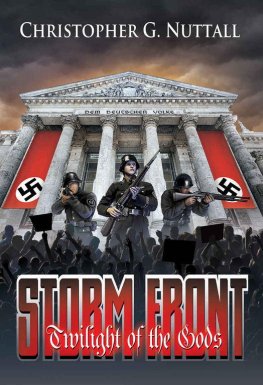
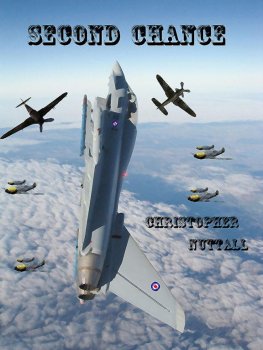
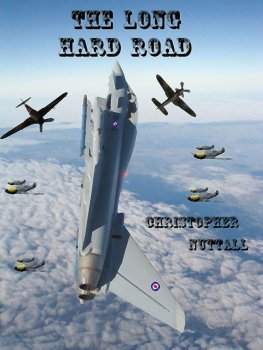
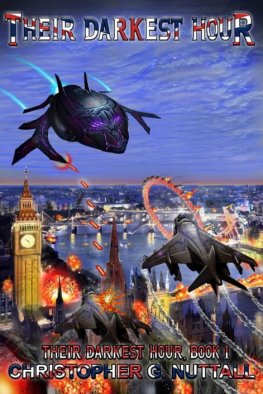
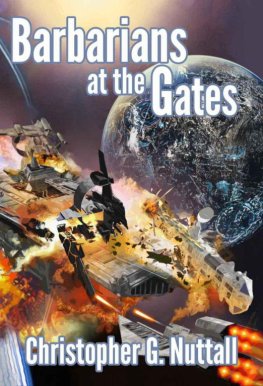
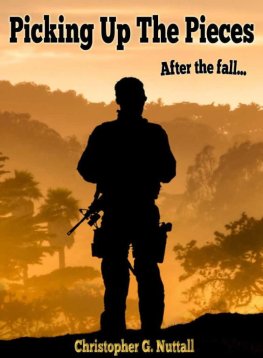
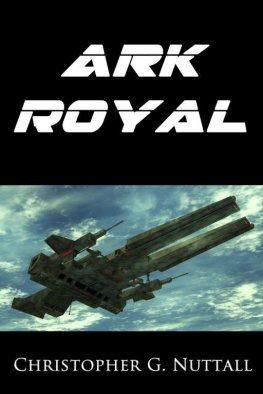
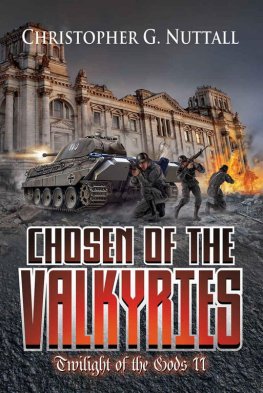
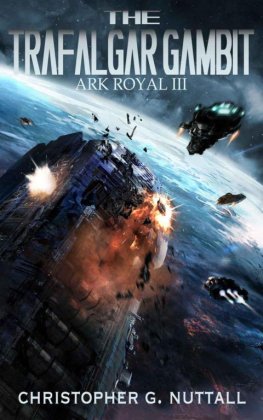
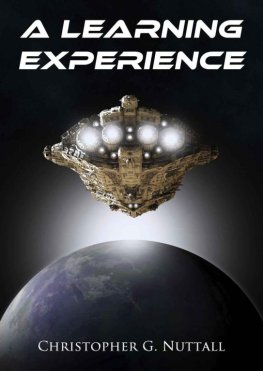
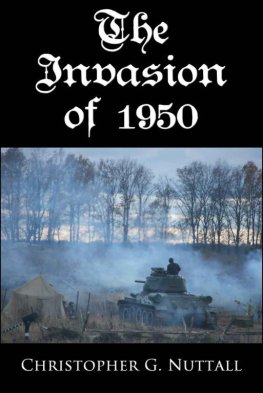
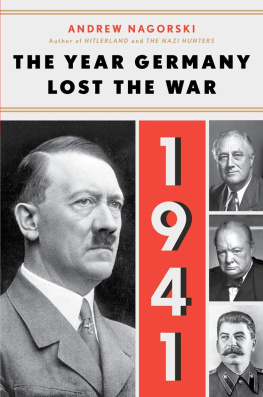
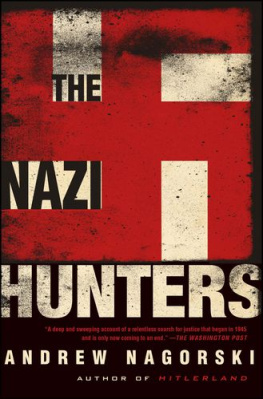
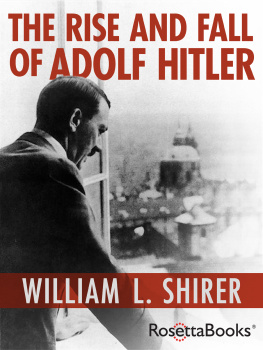

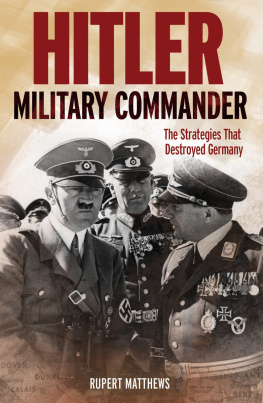
![Russell - Leaping The Atlantic Wall - Army Air Forces Campaigns In Western Europe, 1942-1945 [Illustrated Edition]](/uploads/posts/book/94591/thumbs/russell-leaping-the-atlantic-wall-army-air.jpg)
